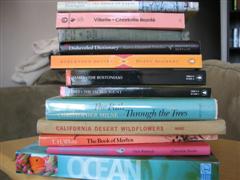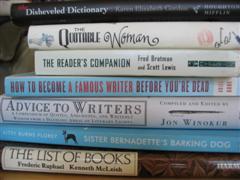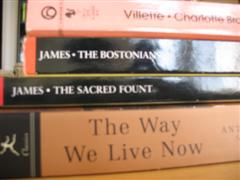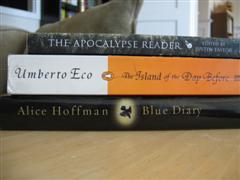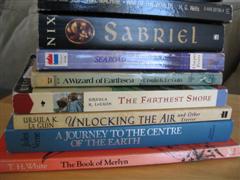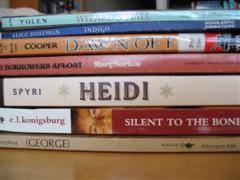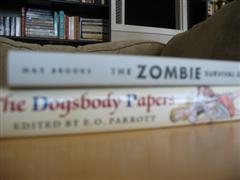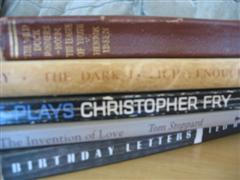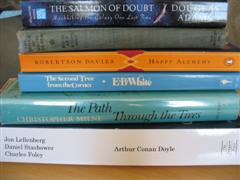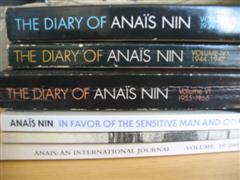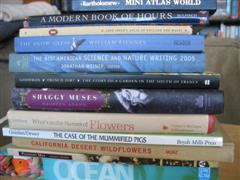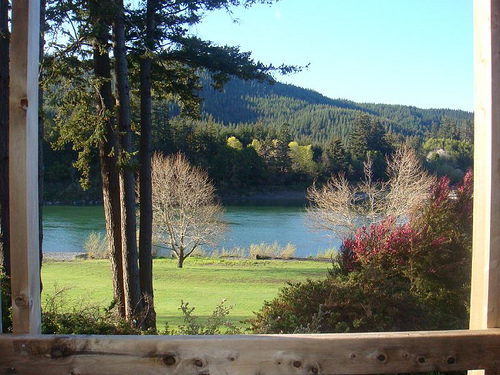I found a nice passage in Douglas Adams' posthumous book of miscellany, The Salmon of Doubt, where he talks about the difference between art and craft, and forgive my self-indulgence here but I'm going to post most of this whopping long paragraph.
He begins by saying he's recently read the James Bond novel Thunderball.
"...And what prompted me to do this [...] was reading someone talking about Ian Fleming and saying that he had aimed not to be literary, but to be literate. Which is a very, very big and crucial difference. So I thought, well, I'll see if he managed to do that. It's interesting, because it was actually very well written as a piece of craft. He knew how to use the language, he knew how to make it work, and he wrote well. But obviously nobody would call it literature. But I think you get most of the interesting work done in fields where people don't think they're doing art, but are merely practicing a craft, and working as good craftsmen. Being literate as a writer is good craft, is knowing your job, is knowing how to use your tools properly and not to damage your tools as you use them. I find when I read literary novels -- you know, with a capital "L" -- I think an awful lot is nonsense. [...] I tend to get very suspicious of anything that thinks it's art while it's being created."
This resonated for me, as someone who tends to write genre stories (fantasy, sci-fi, magical realism) and who reads a lot of genre books (fantasy, mystery, humor), because I do get sort of sneered at now and then when I talk about my genre interests.
What's interesting is that, often, the same people who sneer at my bookshelves will cheerfully watch Battlestar Galactica or Carnivale or Twin Peaks on television without any sense of hypocrisy. And I think that's because television isn't yet acknowledged as an art form. There's no television canon yet. Which means that in the realm of TV, it's not just okay to mess around with reality, it's almost required, so you get these mainstream fantasy and sci-fi shows.
I think that once you introduce the idea of Higher Art into an art form, a lot of people freeze up. They become very cautious about allowing themselves to like things, because there's a definite scale. Now there's Good Art and Bad Art, and you don't want to accidentally express a preference for something that turns out to be Bad Art.
I have this trouble with most other art forms. Paintings, for example. I know there are Good paintings, and some of them I know by sight because they're famous and so when I see them I feel a pleasant little glow. Usually this is not because I particularly like them, but simply because they are famous, and I am pleased to have recognized them. On the other hand, I sometimes see a painting being sold on a street corner or in a drugstore that I do quite like, and then I'm vaguely ashamed because I know it must be Bad Art if it's being sold at a drugstore. And so personal taste gets tossed by the wayside.
With books I have an easier time, partly because I have studied some of the literature that fills the canon and was encouraged to think and write about whether I liked it or not and why. It's also easy for me because I came at literature backwards, in that I began with fantasy novels and then discovered when I was about 19 that many of the classics provide the same thing that fantasy novels do, which is the opportunity to escape into a world completely unlike my own.
All of which means that I can walk into a library or a bookstore and browse fearlessly (unlike, say, a record store, where I am seized with panic that I will be mocked for my terrible taste), and so I wind up reading books in a wide variety of categories. And I've found all the valuable things one finds in books -- insight into human nature, laughter and tears, challenging new ideas -- in just about every genre I've tried.
I'm not suggesting that everyone will love fantasy novels if they'd only try them. Nor am I suggesting that Terry Pratchett should be put into the canon and Shakespeare should be kicked out. My only point with all this is that it's interesting to examine one's genre biases and consider how much are based on an actual preference and how much are based on one's pre-set ideas of Good Art and Bad Art.
